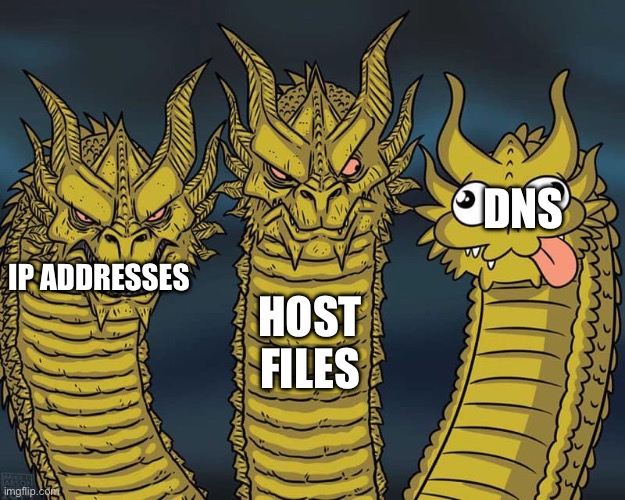this post was submitted on 30 Dec 2023
2 points (100.0% liked)
Linux
48069 readers
761 users here now
From Wikipedia, the free encyclopedia
Linux is a family of open source Unix-like operating systems based on the Linux kernel, an operating system kernel first released on September 17, 1991 by Linus Torvalds. Linux is typically packaged in a Linux distribution (or distro for short).
Distributions include the Linux kernel and supporting system software and libraries, many of which are provided by the GNU Project. Many Linux distributions use the word "Linux" in their name, but the Free Software Foundation uses the name GNU/Linux to emphasize the importance of GNU software, causing some controversy.
Rules
- Posts must be relevant to operating systems running the Linux kernel. GNU/Linux or otherwise.
- No misinformation
- No NSFW content
- No hate speech, bigotry, etc
Related Communities
Community icon by Alpár-Etele Méder, licensed under CC BY 3.0
founded 5 years ago
MODERATORS
you are viewing a single comment's thread
view the rest of the comments
view the rest of the comments

Okey, I don't get it. What's wrong with DNS?
When it breaks, it isn't always obvious or easy to fix, but can cause problems for anything that has to talk to anything else. The biggest thorn it puts in my side is that short names [ThisPC] are served differently than fqdn [ThisPC.MyDomain.com]. Does NotMyApp use short or FQDN to resolve other machines? I don't find out until the Wireshark.
Okey, I understand this is fundamental and when not working can cause the service to stop working. But I don't yet know how does it break or is not easy to troubleshoot?
Haven't hosted anything big yet, so I always just had to check the records via "dig" command if they are served correctly.
DNS setups can get fairly complicated with enterprise VPNs and stuff, but the main thing is probably just that DNS is built entirely around caching, so when something does go wrong or you’re trying to update something it’s easy for there to be a stale value somewhere. It’s also really fundamental, so when it breaks it can break anything.
Overall, though, DNS isn’t terribly complex. It’s mostly just a key-value store with some caching. Running your own nameservers is pretty cool and will give you a much better understanding of how it all fits together and scales.